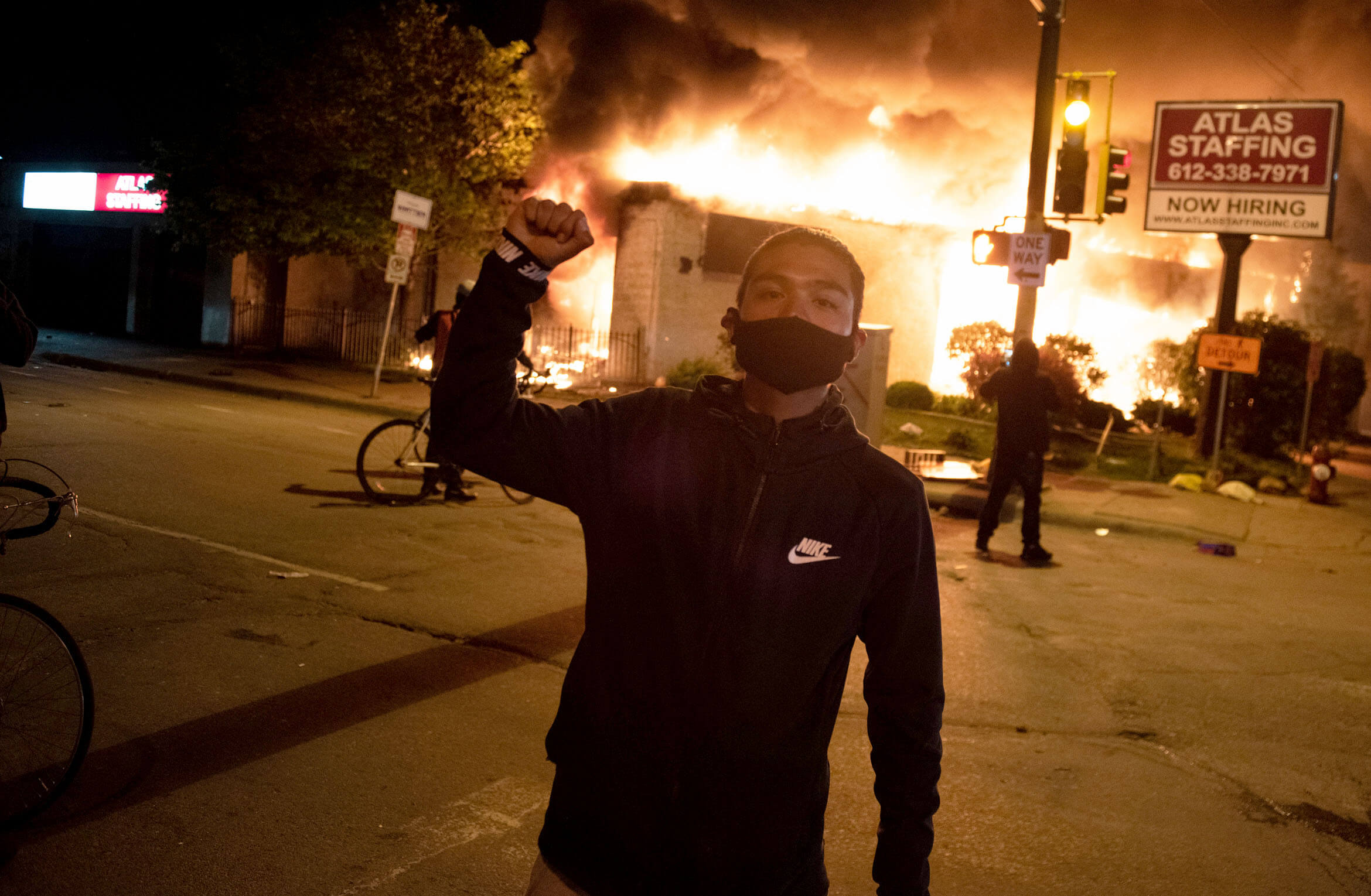
New research indicates that extreme protest tactics tend to undermine a movement’s popular support in the United States by alienating both neutral observers and supporters. The findings have been published in the Journal of Personality and Social Psychology.
“I’m interested in social change and progress, and was curious what social movement strategies might be most effective at influencing popular opinion,” said Matthew Feinberg, the corresponding author of the new study and an assistant professor of organizational behavior at the University of Toronto.
The researchers conducted six experiments with 3,399 participants in total, in which they assessed how different types of protest behaviors influenced support for a variety of progressive and conservative social causes, including the Black Lives Matter movement and the anti-abortion movement. They found that more extreme behaviors — such as the use of inflammatory rhetoric, blocking traffic, and vandalism — consistently resulted in reduced support for social movements.
This was true even when participants were already politically or socially sympathetic to the social movement. “We found extreme anti-Trump protest actions actually led people to not only dislike the movement and support the cause less, but to be willing to support Trump more,” Feinberg said. “It was almost like a backlash.”
The researchers also found evidence that extreme protest actions led to a loss of support because they were viewed as immoral. These perceptions of immorality were associated with reduced feelings of emotional connection and less social identification with the movement.
The new study is in line with research that analyzed all mass uprisings around the world between 1945-2014, finding that nonviolent campaigns were more successful at bringing about large-scale political transformation than violent campaigns.
“Social movements face a difficult dilemma: on the one hand a very useful way to get widespread publicity and raise awareness about their cause is to engage in extreme protest behaviors. These behaviors are commonly picked up by the news media and spread on social media. On the other hand, people typically respond negatively to extreme protest behaviors,” Feinberg told PsyPost.
“We even found that those who tend to already support a movement’s cause will be less supportive after witnessing the movement engage in extreme protest behaviors. The biggest question that remains is how can movements best navigate this dilemma. They obviously want to get their message out, but at the same time, they do not want to alienate potential supporters.”
Of course, there are likely some instances in which the public views more extreme actions as justified. The researchers also note that increasing public support isn’t necessarily the objective of extreme protest actions.
“For instance, activists outraged by the status quo and/or believing that change is largely impossible may engage in extreme protest actions as a form of self-expression or even catharsis without any strategic calculations about the effects such behavior will have in the long-run. Similarly, even if a movement plans to not engage in extreme behaviors, a small number of dissidents in the group may incite extreme actions in others,” the authors of the study said.
The study, “The Activist’s Dilemma: Extreme Protest Actions Reduce Popular Support for Social Movements“, was authored by Matthew Feinberg, Robb Willer, and Chloe Kovacheff.
(Photo credit: Hungryogrephotos)
"popular" - Google News
May 31, 2020 at 12:36AM
https://ift.tt/2ZOo8MJ
New psychology research finds extreme protest actions reduce popular support for social movements - PsyPost
"popular" - Google News
https://ift.tt/33ETcgo
Shoes Man Tutorial
Pos News Update
Meme Update
Korean Entertainment News
Japan News Update
Bagikan Berita Ini














0 Response to "New psychology research finds extreme protest actions reduce popular support for social movements - PsyPost"
Posting Komentar